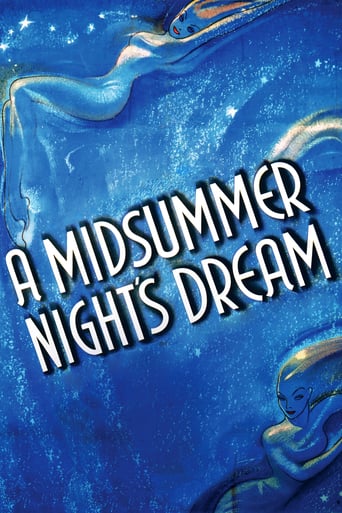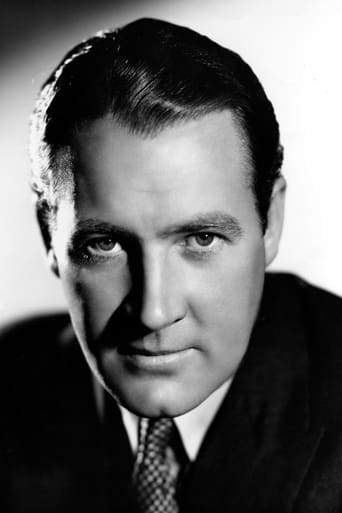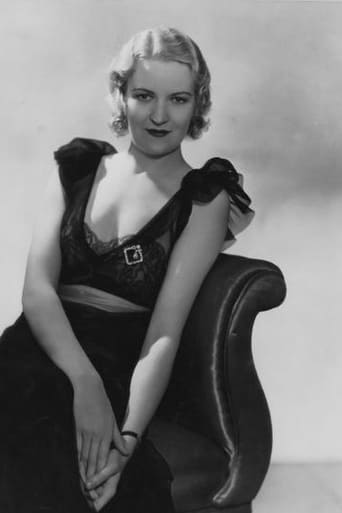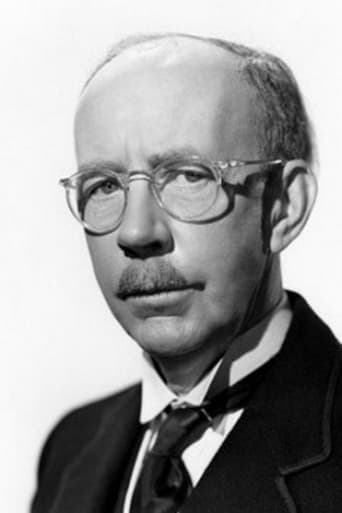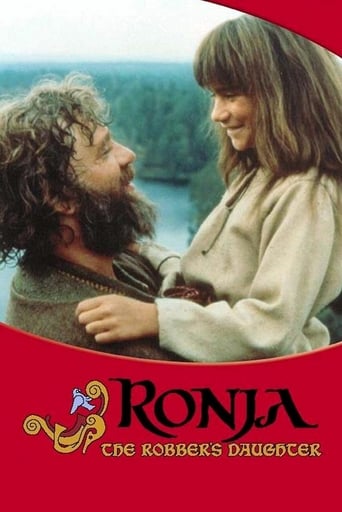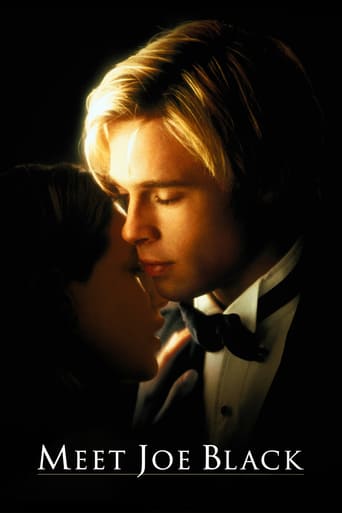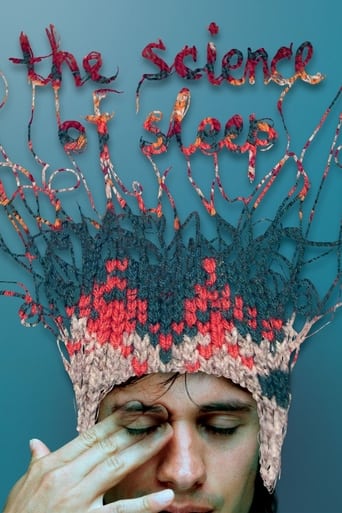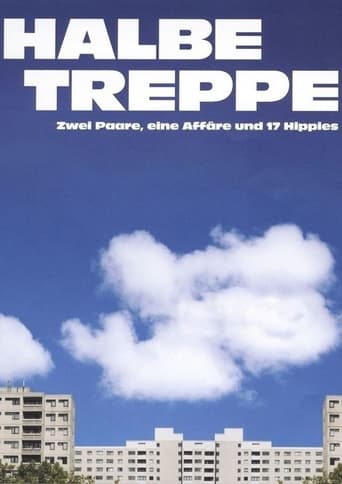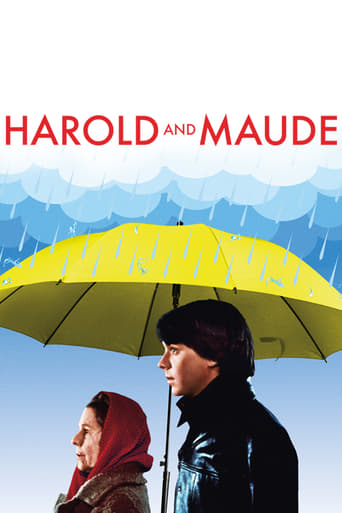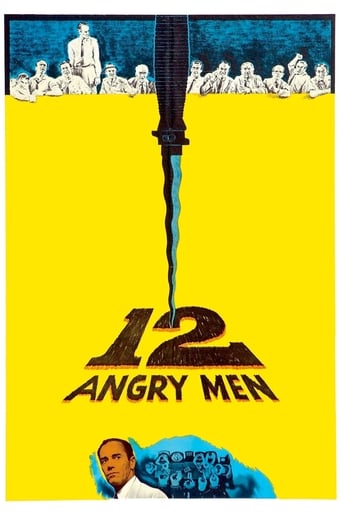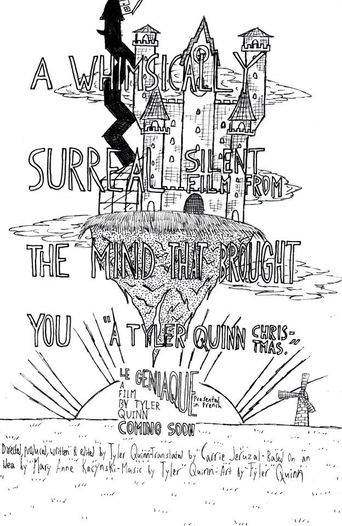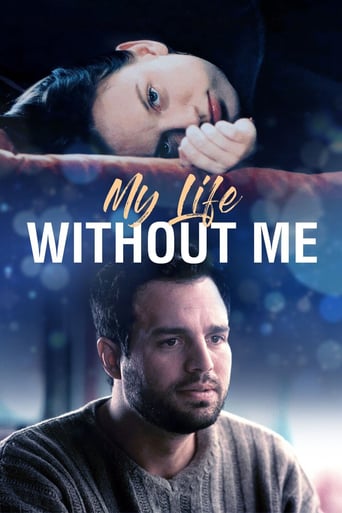A Midsummer Night's Dream (1935)
A film adaptation by Max Reinhardt of his popular stage productions of Shakespeare's comedy. Four young people escape Athens to a forest where the king and queen of the fairies are quarreling, while meanwhile a troupe of amateur actors rehearses a play. When the fairy Puck uses a magic flower to make people fall in love, the whole thing becomes a little bit confused...
Watch Trailer
Cast


Similar titles
Reviews
. . . Jean Muir challenges the future "Melanie Wilkes" about 22:05 into the latter's Tinseltown Debutante Ball. Like most if not all Warner Bros. releases, A MIDSUMMER NIGHT'S DREAM is chock full of warnings meant for We Americans of (The Then) Far Future. Take the Opening Proclamation here, stating that cast members will be paid "six pence" (about 50 cents) for EACH DAY of their remaining lives AFTER this play's original Elizabethan release. For Olivia De Havilland alone, adjusting for inflation by doubling that small royalties Per Diem every decade since 1595, she (or her heirs) already are into Warner Bros. for around 90 Quadrillion Bucks (which would be inherited tax free, thanks to the Deplorable Repugs!). This unfunded liability is the main reason that the U.S. Justice Dept. is nixing the AT&T merger with Time Warner right now. Otherwise, DREAM features the black-garbed Victor Jory in the guise of "Oberon," or Oligarch Vlad Putin, current U.S. Strongman, and James Cagney as his lapdog Don Juan Rump, aka "Bottom" the Jackass, with Hugh Herbert playing Rump's Great Wall, Anita Louise portraying Putin's Inside Gal in the White House (Melancholia "Titania" Rump), and--of course--Mickey Rooney standing in as the insufferable Huck, or Rump's mouthpiece, Sally Huckleberry, Jr.
Say, who is this Shakespeare guy anyway? He had some imagination.This film has been on my must see list for some time, and the truth of the matter is because James Cagney was in it. I didn't think his role in the story would be as prominent as it was, but he rose to the occasion quite well considering he had to step out of his more familiar characters as a gangster or tough guy. You had to wonder how audiences of the day reacted to his being turned into a jackass; Cagney himself seemed to delight in the portrayal.The other surprise for me here was Victor Jory in the role of Oberon, King of the Faeries. He played the part with a touch of malice and it occurred to me that he was more effective here than in any villain role I've seen him in. Quite comically, his instructions to mischief maker Puck (Mickey Rooney) ran the gamut of unintended consequences for a pair of star crossed lovers, not to mention Cagney's ill fated turn as a pointy eared mule.Above all however, I was impressed by the stunning cinematography, costuming and special effects. Quite honestly, for 1935 I can't imagine how the film makers achieved those wonderful sequences involving the flight of the Faeries and those dazzling dance scenes. I realize it was still too early for the use of color in movies, but wouldn't that have been a glorious enhancement? The only downside for this viewer was the extended finale that cast Cagney as Pyramus and Joe E. Brown as Thisby. It felt as if the excitement and glamour of the main story had already achieved it's desired effect, so sitting through those final moments felt like a chore to get through to make it to the end.
All playwrights are confined to the physical restrictions of the stage to bring their works to life. But, surely, in dreaming up their stories, their imaginations are not so constricted. If William Shakespeare had lived to see this movie in 1935, I think he would have said that Max Reinhardt had captured "A Midsummer Night's Dream" on film – just as he had imagined it when penning the play in the 16th century. Indeed, the technical and production achievements in this film -- from the early years of talking movies, are so great that no one has ever made another movie of the story to rival it. And, there have been more than 40 silver screen and TV productions of "A Midsummer Night's Dream" as of the early 21st century. Shakespeare's comedy fable of romance, love, mythology and early stage life comes alive in this film with lavish sets, marvelous costumes, outstanding special effects and superb cinematography, direction, and editing. Of course, this is to take nothing away from a stellar cast that included some of the best actors and up-and-coming performers of the day. The film won two Oscars, for cinematography and best film editing. It was nominated for best picture and best assistant director. Mickey Rooney is fantastic as Puck, the fairy servant to Oberon. Rooney was just 15 when the movie came out, and had been a child actor since age six – appearing in nearly 100 film shorts and pictures before this time. This was the third film of Olivia de Havilland's debut year in Hollywood, and her portrayal of Hermia put her on the road to star status. Bigger name stars of the time gave superb performances. Dick Powell plays Lysander, James Cagney is Bottom, Joe E. Brown is Flute, Victor Jory is Oberon, Ian Hunter is Theseus, Jean Muir is Helena, Grant Mitchell is Egeus, Anita Louise is Titania, and Frank McHugh is Quince. The quality and technical achievements in this film were so great that it was many years before anyone even tried it again, beyond the stage. The first TV movie rendition came 24 years later -- in 1959, and the next silver screen rendition came out in 1968 – 33 years after this films. This 1935 film is the benchmark for Shakespeare's great comedy on the silver screen. It's one that's not likely ever to be equaled or bettered. The bard's comedy is there in any good stage production, but this film adds the wonderment of fantasy. The audience sees the spectacle in the sky with fairies that fly. And nowhere is there a wire to be seen or a support revealed. It's as much fun watching this film for the technical and "magical" aspects as for the story itself.The 2007 Warner Brothers DVD of this film has a "Vintage Featurette" short that IMDb doesn't have in its vast array of all things film and video. "A Dream Comes True – The Making of a Classical Motion Picture" is a Vitaphone short of 1935 that runs seven minutes. It has scenes of celebs attending the Hollywood premiere of "A Midsummer Night's Dream," and background on the making of the movie. To build the giant forest on a huge sound stage, studio technicians roamed the countryside for trees of unusual shapes. They added waterfalls and rivulets for reality, and brought in birds and animals. The short runs through the casting selection of 20 prominent actors cast in lead roles. Rex Reinhardt, the renowned stage producer and director had put the play on in the Hollywood Bowl the year before. It was a huge success, and Warner Brothers signed him to produce and direct the movie. Reinhardt brought Wolfgang Korngold from Vienna to arrange the music by Felix Mendelssohn for the film. The electricity for the lighting needed to illuminate the huge forest and set was enough to run a small city. It created a great deal of heat on the set, and the cast "melted" under their heavy costumes. The short shows performers cooling off in front of a giant fan, while Dick Powell treats the children fairies to double-scoop ice cream cones.
You could hardly stumble over anything more heart-warming. Too much ahead of its time, it flopped in 1935 and has only gradually reached some appropriate recognition in later years. Everything in this production is ingenious, especially the fantastic innovations of using Mendelssohn's music all the way, letting a child play Puck (Mickey Rooney, probably the best Puck ever,) the use of natural sequences with wild animals in between, the fantastic fantasies with the elves and their dances, the most convincing Titania ever (Anita Louise? Anyone heard of her anywhere else?) and maybe above all, James Cagney, of all people, as Bottom. He almost succeeds in stealing the whole show, but the greatest credit is due to the almost exaggeratedly (in a good sense) creative directors, Max Reinhardt and Wilhelm Dieterle, both in exile from Germany at the time. Also very refreshing to see Dick Powell and Olivia De Havilland, two of the most 'noir' stars of the 40s, so young, gay and beautiful. A theater performance on the screen at its best, next to 10 full points, places even the Michelle Pfeiffer version of 1999 in the shadow.

